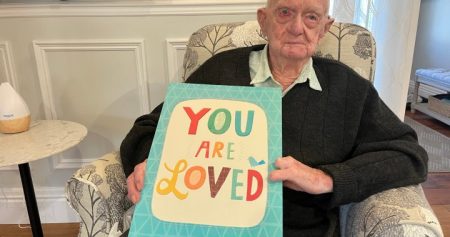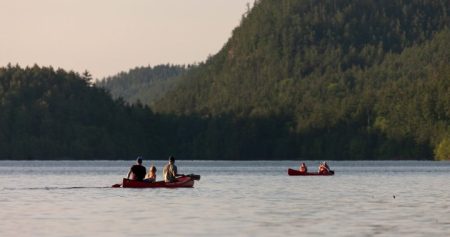Two University of Saskatchewan graduate students, Kristin Moskalyk and Nicole Lamoureux, developed a metaverse project for their final assignment that focused on teaching the United Nations’ Sustainable Development Goal 14: Life Below Water. The goal aimed to conserve and sustainably use the oceans, seas, and marine resources. Despite having no prior experience in designing virtual worlds, the duo wanted to find a way to build empathy and support for SDG 14 among people in landlocked provinces. They aimed to engage students by creating an immersive virtual experience that would allow them to learn about and interact with the ocean environment.
Using the user-friendly platform Frame VR, Moskalyk and Lamoureux were able to focus on developing the content within the metaverse. They included various learning materials such as tasks, games, and videos to make the experience engaging for users. Their professor encouraged them to apply for the Metaverse for Sustainable Development Goals Global Prize and Virtual Reality Competition, which they eventually won. Their team, named Techy Teachers, was one of 15 winning teams selected from 257 teams from 70 countries. They received a level two finalist prize of $10,000 for their innovative project.
Moskalyk and Lamoureux presented their metaverse project at the United Nations’ Science Technology and Innovation Forum, where they met with delegates and gave them a tour of the virtual world. The project was well-received, with people expressing excitement about the potential for students to engage in this type of immersive learning. The team hoped that teachers would use their resource in classrooms and were exploring options to provide more VR headsets to schools for better accessibility. Their success in the competition was a testament to their hard work and passion for the project, and they were proud of how far it had gone from a simple final assignment to presenting at the UN.
The duo emphasized the importance of innovation in educational approaches and creating engaging opportunities for students, especially those from landlocked regions who may not have had the opportunity to experience the ocean environment firsthand. They believed that by using virtual reality technology, they could bridge the gap and help people understand the importance of conserving and protecting marine resources. Despite facing challenges in learning to use the new platform, Moskalyk and Lamoureux were able to overcome them and focus on delivering meaningful content that would resonate with users and help them connect with SDG 14 on a deeper level.
Their project exemplified how technology, such as virtual reality, can be used as a tool for education and advocacy for important global issues like sustainable development goals. By engaging students and providing them with immersive experiences, Moskalyk and Lamoureux hoped to inspire a new generation of environmental stewards who would be passionate about preserving marine ecosystems. Their success in winning the competition and presenting at the UN highlighted the potential impact of innovative educational approaches and the power of virtual reality in driving positive change in society.















